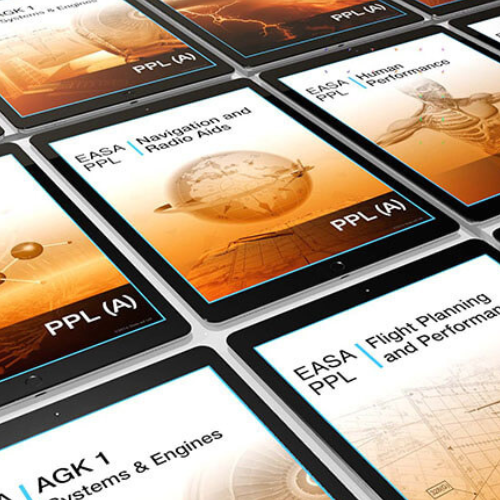The knowledge required for obtaining your Private Pilot Licence
If you’ve ever dreamed of soaring through the skies and exploring the world from above, you’re in the right place. Obtaining your Private Pilot Licence (PPL) is the first step toward making that dream a reality. But before you can take to the skies, there’s some essential groundwork to cover. Don’t worry; it’s all part of the adventure! Let’s dive into the theoretical knowledge subjects you’ll need to master to get your PPL.
The theory consists of 9 subjects. However, some subjects are split up into more or some even may be combined. The order of how they are presented may also vary. Let’s explore the subjects as they are listed in the EASA documents, which govern all of this.
The syllabus for the EASA Private Pilot Licence:
- Air Law and ATC Procedures
- Human Performance
- Meteorology
- Communications
- Principles of Flight
- Operational Procedures
- Mass and Balance
- Performance
- Flight Planning and Flight Monitoring
- Airframe and Systems, Electrics, Powerplant, and Emergency Equipment
- Instrumentation
- General Navigation
- Radio Navigation
Let’s have a more detailed look at each subject.
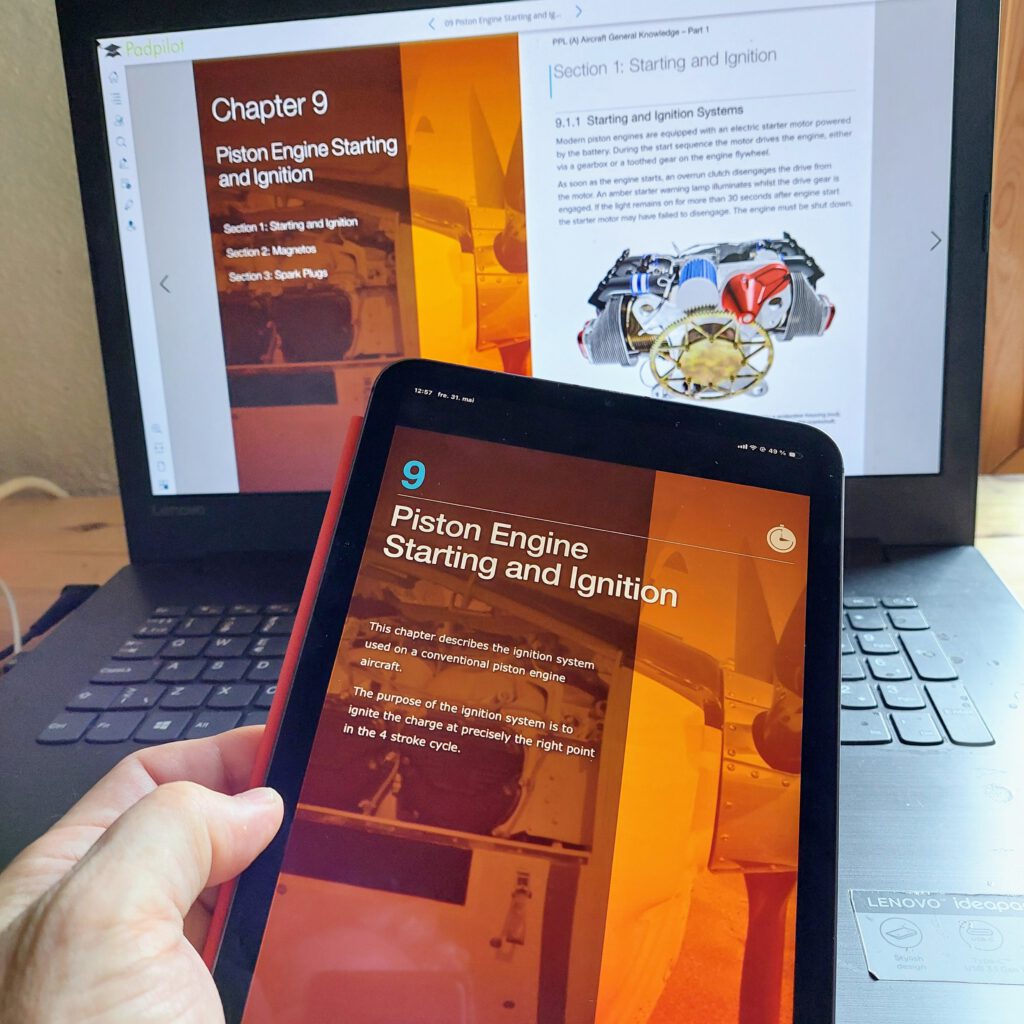
Air Law and ATC Procedures
First things first, you need to know the rules of the road – or rather, the skies. Air Law and ATC Procedures cover everything from international aviation laws to the specifics of air traffic control. You’ll learn about the International Civil Aviation Organisation (ICAO), which sets the standards for flying worldwide. This subject also delves into the nitty-gritty of aircraft airworthiness, registration marks, and personnel licensing. Understanding these laws ensures that you and everyone else in the sky can fly safely and smoothly.
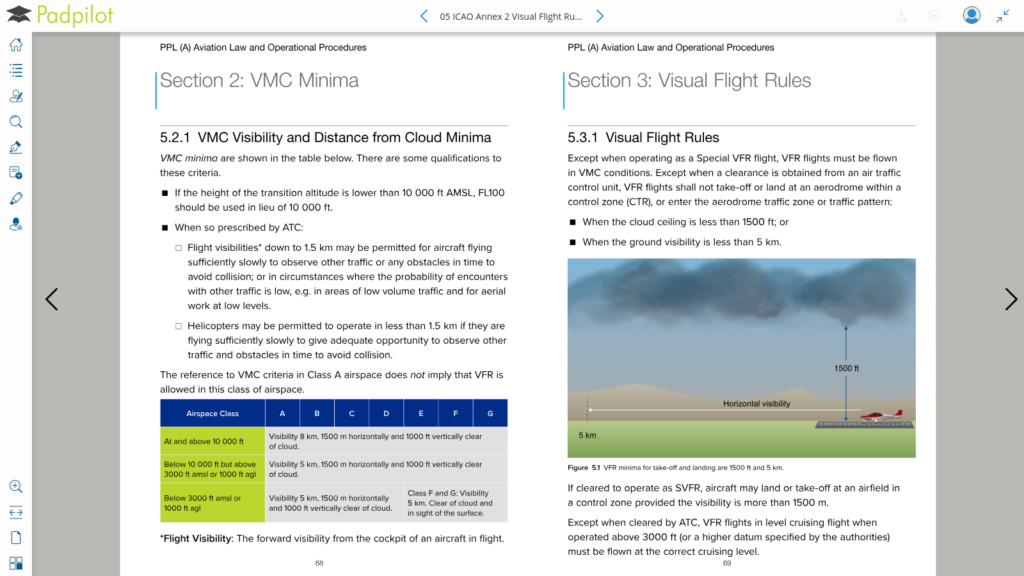
Human Performance
Flying isn’t just about the plane; it’s also about the pilot. Human Performance is all about understanding how the human body and mind work in the aviation environment. This subject covers basic concepts of human factors, aviation physiology, and health maintenance. You’ll learn about the respiratory and circulatory systems, vision, hearing, and how our bodies respond to different flying conditions. It’s fascinating stuff that highlights the importance of staying fit and alert while piloting an aircraft.
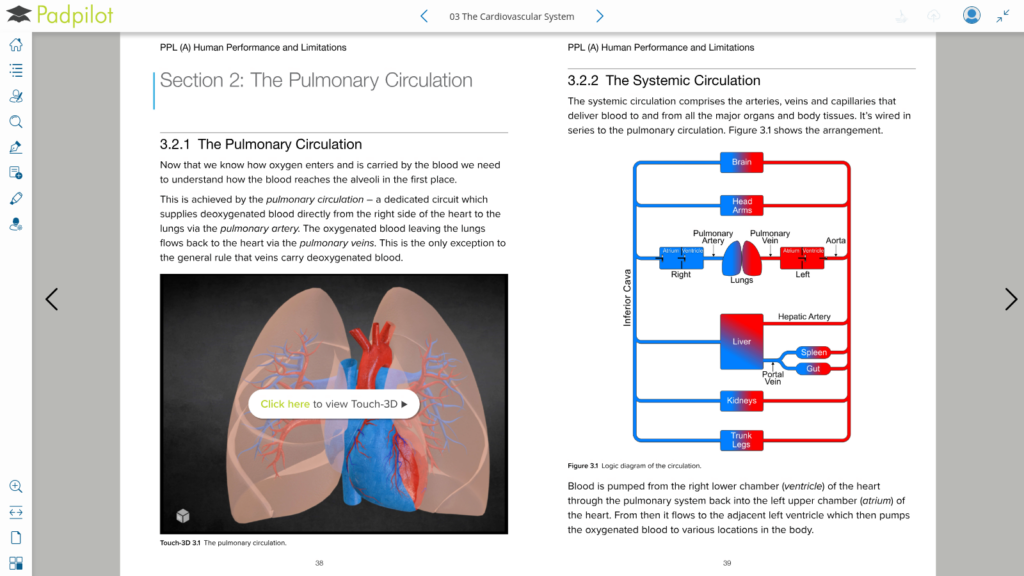
Meteorology
Weather can make or break a flight, so having a solid grasp of Meteorology is crucial. This subject will teach you everything about the atmosphere, including its composition, structure, and how it affects flying conditions. You’ll dive into topics like air temperature, atmospheric pressure, wind, and different types of clouds and precipitation. Understanding weather patterns and how they influence flight operations will help you plan safer and more efficient journeys.
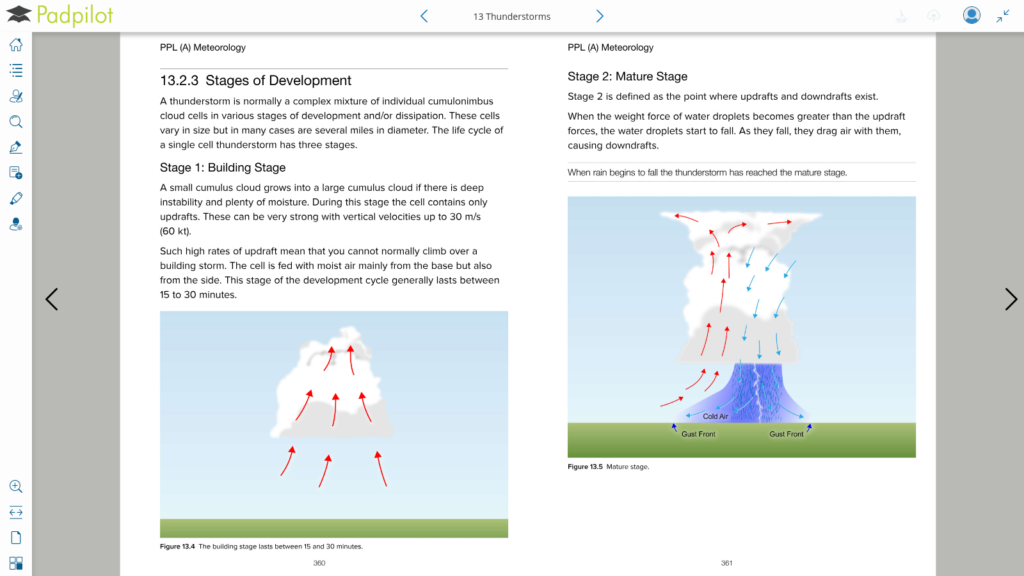
Communications
Clear and effective communication is key in aviation. The Communications subject focuses on radiotelephony, which is the use of radio for transmitting voice messages. You’ll learn the standard procedures for communicating with air traffic control and other aircraft, including how to handle distress and urgency situations. Mastering this subject ensures you can convey critical information clearly and concisely, which is vital for safety.
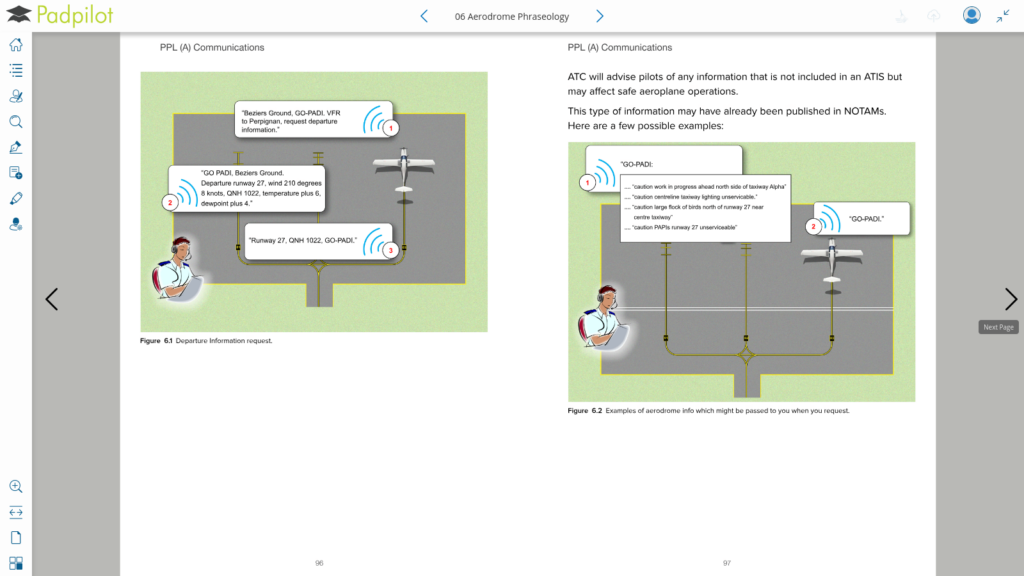
Principles of Flight
Ever wondered how a giant metal bird stays in the air? The Principles of Flight subject will answer all your questions about aerodynamics and flight mechanics. You’ll explore the forces at play, like lift, drag, and thrust, and how they interact to keep an aircraft flying. This subject also covers stability and control, teaching you how to manage an aircraft’s behaviour in various flight conditions. It’s the science behind the magic of flight!
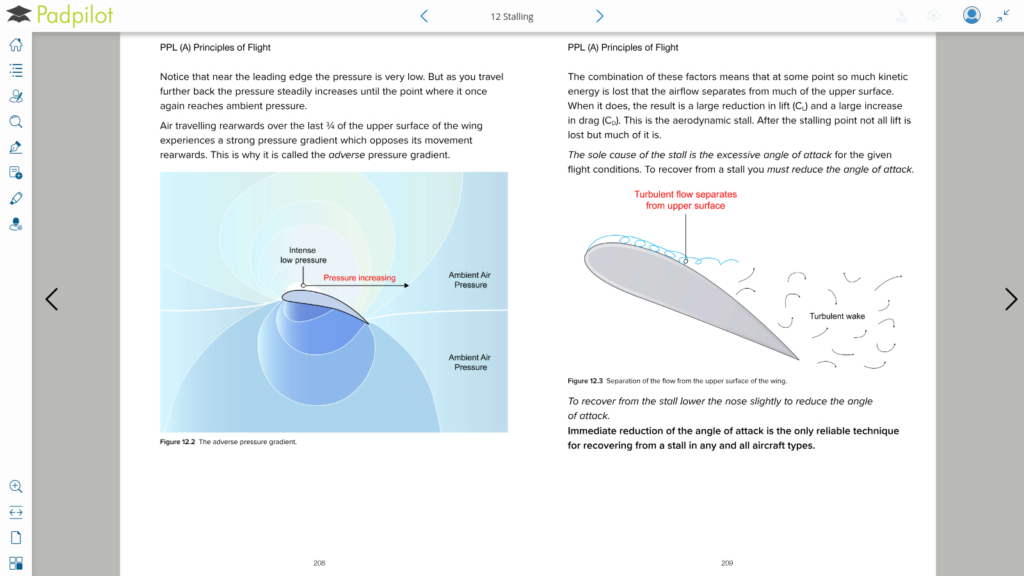
Operational Procedures
In aviation, preparation is everything. Operational Procedures cover the practical aspects of flight operations, from flight planning to handling emergencies. You’ll learn how to use charts and documents, plan your route, and what to do if things don’t go as planned. This subject equips you with the knowledge to manage every stage of a flight efficiently, ensuring a safe journey from takeoff to landing.
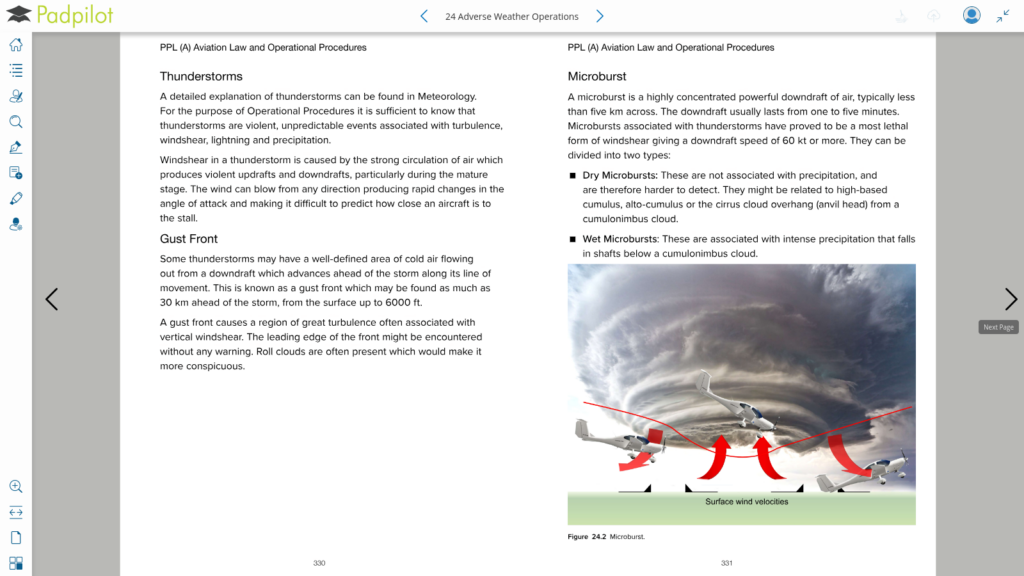
Mass and Balance
Understanding how weight and balance affect your aircraft’s performance is crucial. This subject covers the principles of mass and balance for both aeroplanes and helicopters. You’ll learn how to calculate the centre of gravity, determine weight distribution, and understand the impact of different load configurations on flight performance. Properly managing mass and balance ensures your aircraft remains stable and controllable.

Performance
Understanding how your aeroplane performs in different conditions is crucial for a successful flight. The Performance subject focuses on the specifics of aeroplane performance, including how to calculate fuel requirements, weight and balance, and takeoff and landing distances. You’ll also learn how environmental factors like temperature and altitude impact performance. This knowledge is essential for making informed decisions and planning your flights effectively.
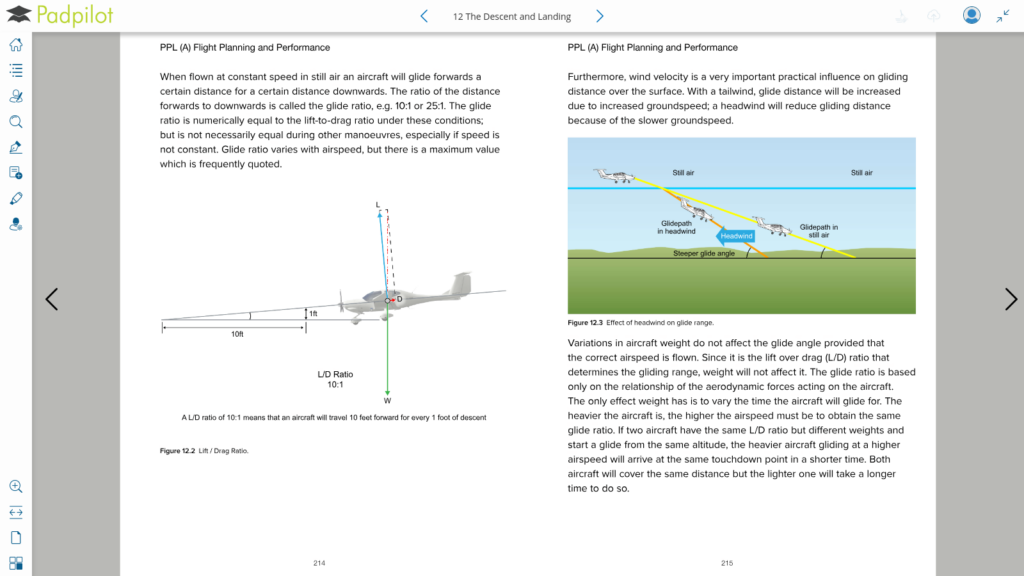
Flight Planning and Flight Monitoring
Flight planning and monitoring are essential for safe and efficient operations. This subject covers everything from route planning and fuel calculations to in-flight monitoring and navigation updates. You’ll learn how to create detailed flight plans, manage time en route, and adapt to changing conditions. Effective flight planning and monitoring ensure you stay on track and make the most of your flight.

Airframe and Systems, Electrics, Powerplant, and Emergency Equipment
To be a great pilot, you need to know your aircraft inside and out. This subject covers the various systems and components of an aircraft, including the airframe, electrical systems, powerplant, and emergency equipment. You’ll learn about maintenance practices and the limitations of different systems. This knowledge ensures you can operate your aircraft safely and respond to any technical difficulties that might arise.

Instrumentation
Flying relies heavily on instruments, so understanding how they work is vital. This subject covers the design, operation, and accuracy of various flight instruments. You’ll learn about error analysis and how to interpret the information provided by these instruments. This knowledge is crucial for maintaining situational awareness and making informed decisions during flight.
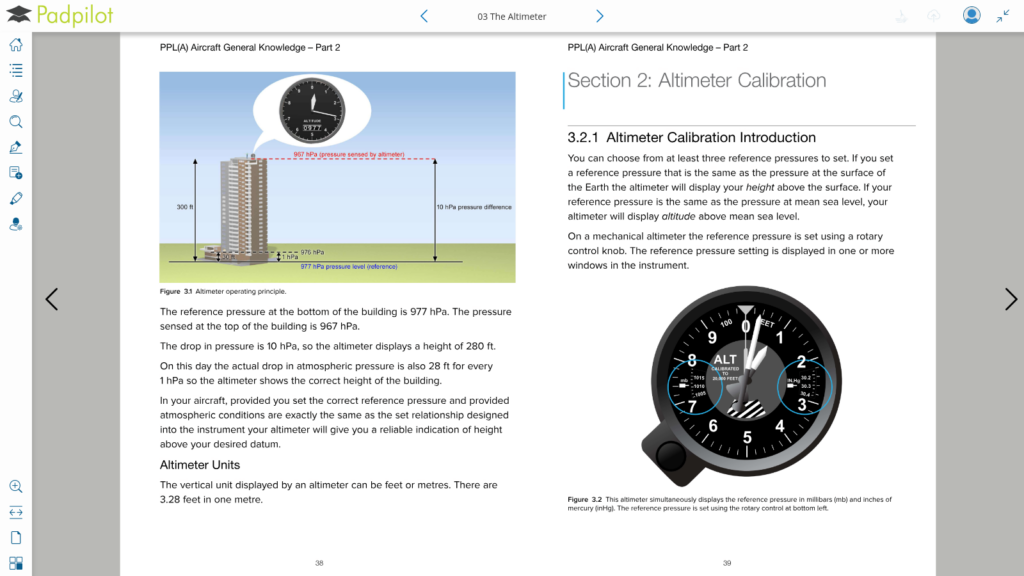
General Navigation
Navigation is all about getting from point A to point B efficiently and safely. This subject includes general navigation principles, radio navigation, and the use of navigation aids. You’ll learn how to read maps, use compasses and GPS, and navigate using radio signals. Mastering navigation techniques is essential for planning routes and ensuring you stay on course during your flights.

Radio Navigation
Radio Navigation focuses on using radio signals for navigation. You’ll learn the basics of radio theory, how to use radio aids for navigation, and standard radio communication procedures. This subject ensures you can effectively use radio tools to maintain course and communicate with ground stations and other aircraft.
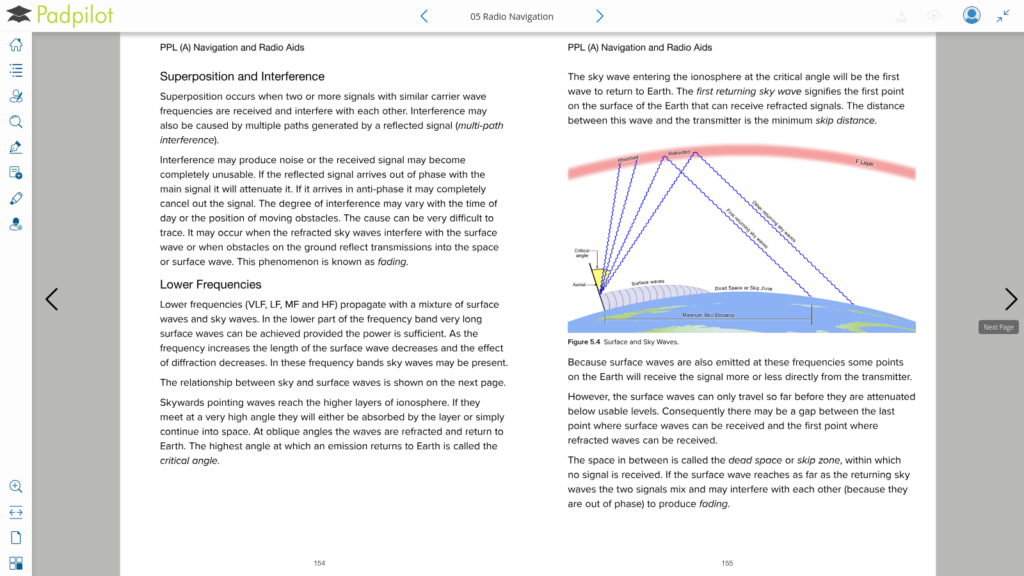
By mastering these subjects, you’ll build a strong foundation of theoretical knowledge essential for safe and successful flying. So, buckle up, hit the books, and get ready to take your first steps towards becoming a skilled and confident pilot. I will go through these subjects one by one in future posts, so sign up for the newsletter now.

Theoretical knowledge course for the private pilot licence
Included in the course
- Three years of access to the e-books via the Padpilot e-Reader
- One-year access to online progress tests and final exam
- One-year access to the examination question database from Aircademy
- Instructor support throughout the course
- Course completion certificate
